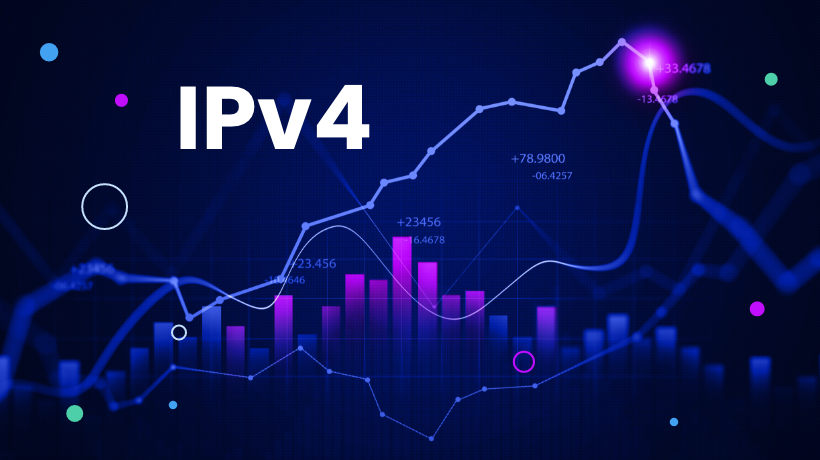A local IP address is the device number to enable them to communicate with one another on your home network or office network. Whenever you connect a phone, laptop, or smart device to Wi-Fi, an IP address quietly goes to work to ensure the connection is established. These addresses facilitate streaming movies to energy office tools and IoT devices, among others, ensuring everything runs smoothly. However, their utility extends far beyond that. They represent a first line of defense against digital safety. This guide explores all about local IP address and their importance in network security.
Overview of Local IP Address
A local IP address, sometimes referred to as a private IP, is not a public IP, which allows you to access the rest of the world. A public IP is similar to the street address of your house, and a local IP is similar to the apartment number that you use only within the house. Common formats are 192.168.x.x or 10.x.x.x.
These addresses are useful in determining the devices on your network so that they can communicate with ease. You would not have a router without them since it would not know which device was requesting a site or file. The mute planners of your digital home or office are local IPs.
The Role of Local IPs in Everyday Networking
Your devices can work together seamlessly, thanks to their IPV4 for sale. They can share the same Wi-Fi at home, and your phone, tablet, and smart speakers will not interfere with each other. At offices, they assist computers and printers in coordinating their daily activities. When you make a request to a website, the router will utilize these IPs to route the data within your network and then forward it to the internet.
Assigning these numbers is normally automated by routers in a process of DHCP; therefore, the process is not burdensome for users. Although these addresses are not visible to the outside world, they are very instrumental internally. Local IPs, in short, serve as a traffic sign, channeling information to the appropriate device within your personal digital space.
Why Local IP Address Matters for Network Security?
1. Shields Devices from Direct Internet Exposure
Buying IPv4 block ensures that your devices are not directly connecting to the global web. The router is the only device that interacts with the outside world, rather than all the devices. This protection will help in limiting the possibility of hackers attacking individual devices. Thus, this will minimize the possibility of intrusion or malicious activity on your network.
2. Reduces Cyber Intrusion Risks
Devices are more vulnerable to malware, phishing, and remote attacks without adequate local IP architecture. Local IP addresses reduce exposure and restrict external access. They reduced the chances of losing data, damaging the system, and unauthorized access by acting as an invisible shield that reduced entry points that attackers use.
3. Safeguards Sensitive Devices
The most prevalent points of entry for hackers are smart security cameras, printers, and IoT devices. These devices get the protection by local IP addresses, ensuring they remain within your own network. This will prevent outsiders from easily finding or stealing them. Obtaining such addresses will provide your most sensitive equipment with a secure position.
4. Creates a Layer of Network Separation
Planning to rent IPv4 address also provides an additional layer of protection between your systems and the rest of the web. This isolation implies that strangers have no direct access to or control over your connected gadgets. Rather, the routers filter all communication and serve as a regulated checkpoint for ingress and egress traffic.
5. Supports Access Control and User Trust
Local IP management allows you to divide devices and only permit trusted users to access them. An illustration of this is that a work computer will have a reserved IP, and the guest devices will remain isolated. This segmentation ensures that sensitive resources are not shared accidentally, thereby enhancing privacy and user control.
4 Best Practices for Securing Local IP Addresses
1. Strong Router Passwords and WPA3/WPA2 Encryption
The initial step of protection is using a strong router password. Use it with WPA3 or WPA2 encryption to encrypt Wi-Fi traffic. This will ensure that your network is not compromised by unauthorized users when they attempt to guess the password. Never use the default credentials provided by manufacturers.
2. Maintain Router Firmware
The updates are made by manufacturers to fix the known vulnerabilities. These fixes can be achieved by regularly checking and updating the firmware of your router. An outdated router is an easy target, as it can be hacked by exploiting old vulnerabilities. Updates also enhance the security of your network as well as the performance and stability.
3. Install a Firewall and Surveillance
A firewall will block suspicious or unauthorized traffic before it reaches your devices. Add this with periodic scanning of devices connected to your network. A majority of routers display a list of active devices. Through this, you will be able to identify suspicious activity and act promptly.
4. Give Critical Devices Static IPs
Servers, security cameras, and other vital devices benefit when you lease IPv4 address. This is to make sure that they never change their address to one that is difficult to monitor and manage. With Static IPs, there are fewer connection errors and control is tighter, particularly when security policies are implemented or network activities are monitored.
Unlock Reliable IPv4 Solutions with IPV4 TradeHub!
Do you need to secure your network with reliable IPv4 addresses? We make the process of buying, selling, and leasing IPv4 blocks simple, with full transparency and compliance at IPV4 TradeHub. Our skilled team makes all transactions hassle-free, safe, and easy-going. We make sure your business does not experience IP shortages. If you need to scale your business or increase your security, we are your IPv4 partner. Take control of your network now and collaborate with us!
